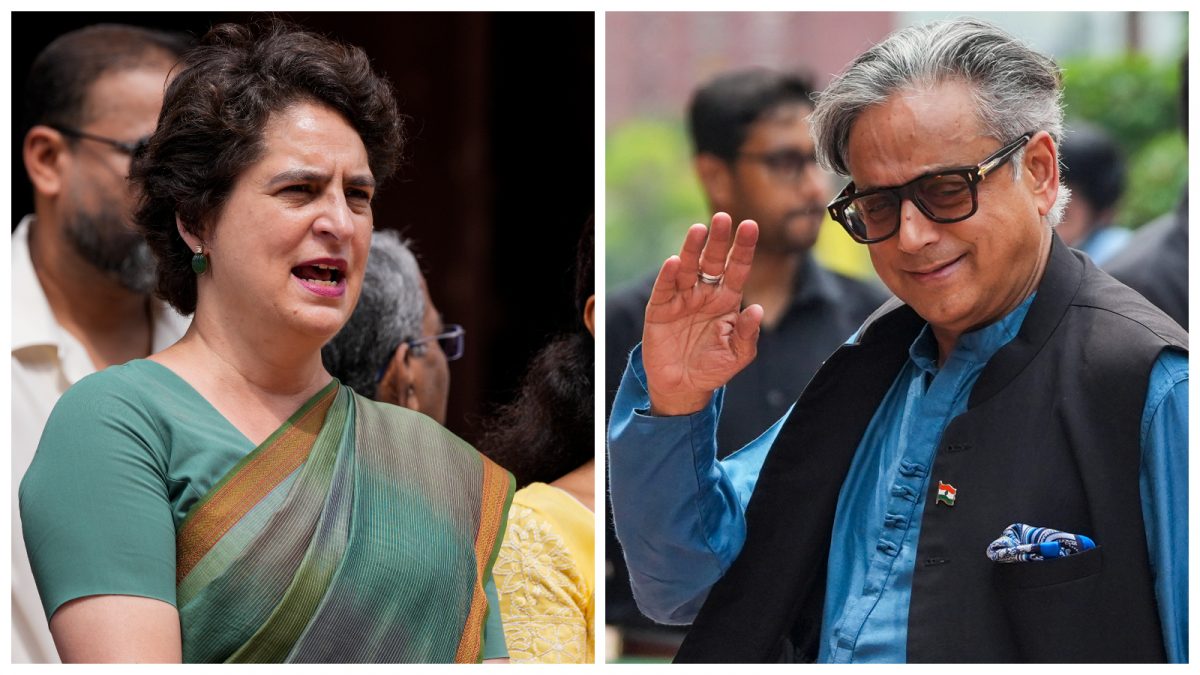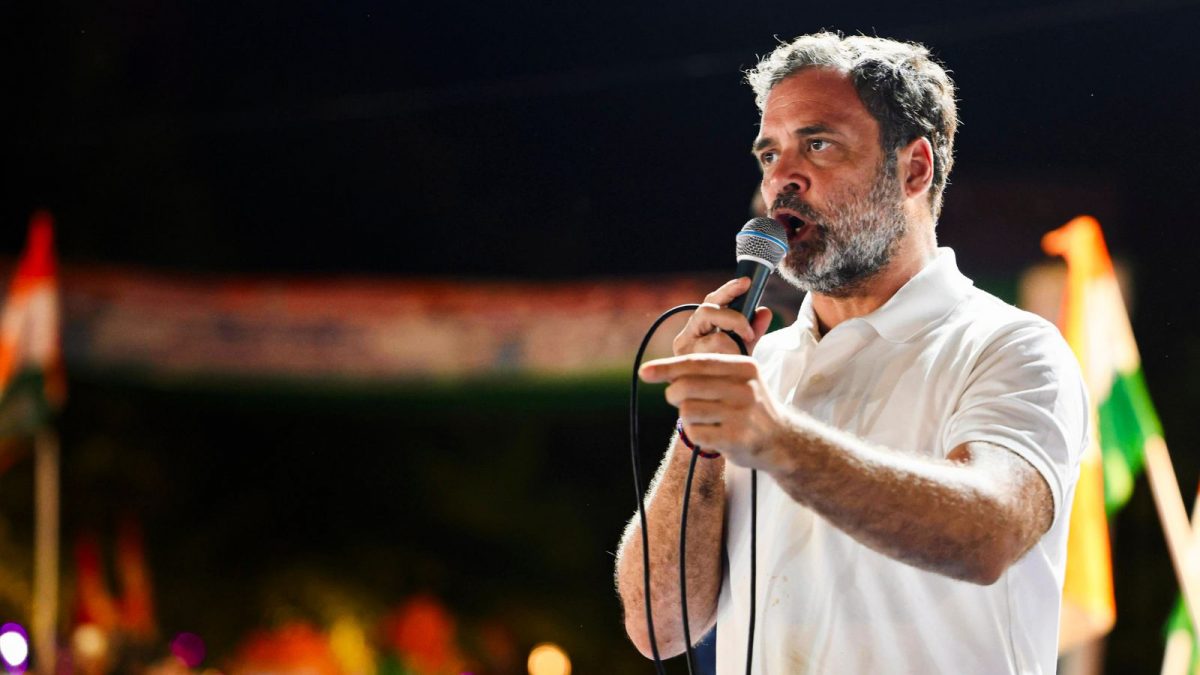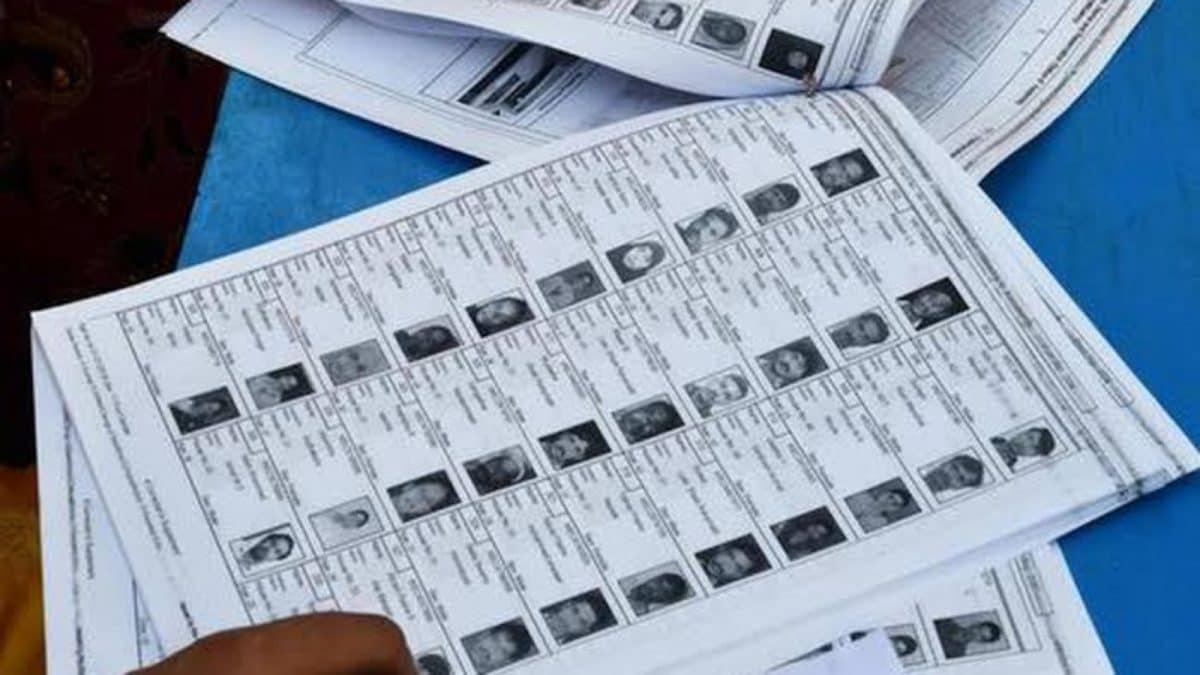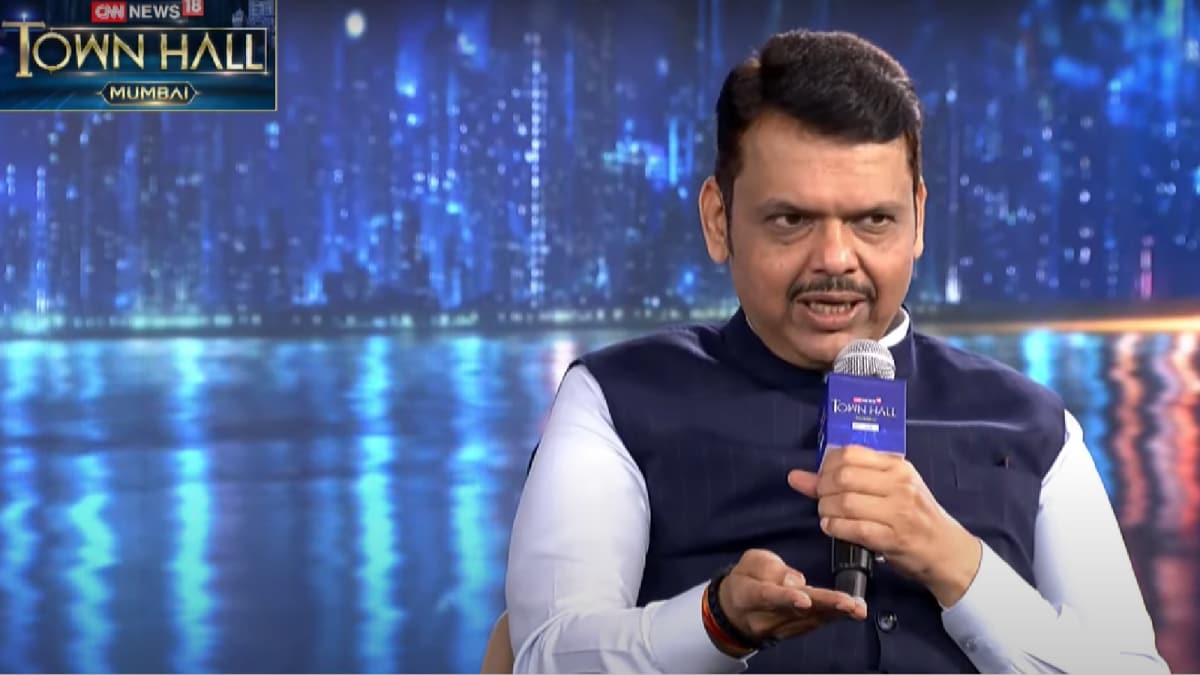Last Updated:
No trial, no conviction, just 30 days in jail could cost top political leaders their post, under a bill the government calls reform and the Opposition calls dangerous

Shashi Tharoor’s remarks are significant given his increasing divergence from the Congress leadership.
In a striking end to the Parliament session, the Centre introduced three bills—the Constitution (130th Amendment) Bill, the Government of Union Territories (Amendment) Bill, and the Jammu and Kashmir Reorganisation (Amendment) Bill—that could fundamentally alter how political accountability works for those in high office.
The Constitution (130th Amendment) Bill proposes automatic removal of a prime minister, chief minister, or minister from office if they are in judicial custody for 30 consecutive days.
Importantly, this removal would occur regardless of conviction; mere custody for a month would trigger the removal.
The condition? The offence for which the individual is arrested must be one that carries a punishment of five years or more. Any such individual would automatically cease to hold office on the 31st day of detention. They could, however, be reappointed later by the President or the governor if released.
The government’s rationale is to bring elected leaders at par with civil servants, who are suspended from service upon arrest. It’s being framed as a step to curb the criminalisation of politics, an issue often cited in debates around political reforms.
The proposed provisions would also extend to Union Territories and Jammu and Kashmir, which operate under separate administrative statutes.
What Prompted The Government To Bring This Now?
Currently, there is no bar on ministers continuing in office after arrest, unless they are convicted. The Representation of the People Act allows for disqualification only if the conviction carries a sentence of at least two years.
This gap was brought into sharp focus over the past year in cases involving leaders like former Delhi Chief Minister Arvind Kejriwal and Tamil Nadu’s Senthil Balaji.
Kejriwal spent over five months in jail without trial before the Supreme Court granted him bail. During this time, he continued as CM and only resigned after being released. Under the new law, he would have automatically lost his post on the 31st day of custody.
Similarly, Senthil Balaji, arrested in a money laundering case, was retained as a minister without portfolio by CM MK Stalin, sparking a constitutional standoff with the Tamil Nadu Governor.
Why Is The Opposition Calling The Bill ‘Draconian’?
Opposition parties have described the bill as an unconstitutional overreach and a political weapon in disguise. Several leaders fear it could become a tool to topple governments in Opposition-ruled states using selective arrests.
Congress MP Priyanka Gandhi Vadra called it a “draconian” measure, warning: “Tomorrow, you can file any case against a chief minister, have him/her arrested for 30 days without conviction… and he ceases to be a chief minister? It is absolutely anti-constitutional and undemocratic.”
#WATCH | On the bill for the removal of the PM, CMs, and ministers held on serious criminal charges, Congress MP Priyanka Gandhi Vadra says, “I see it as a completely draconian thing, as it goes against everything. To say it as an anti-corruption measure is just to pull a veil… pic.twitter.com/Or5Q6effKK— ANI (@ANI) August 20, 2025
Congress MP Abhishek Manu Singhvi echoed this, stating the best way to destabilise Opposition governments is to “unleash biased central agencies” and remove their elected leaders without defeating them electorally.
Smaller parties have also pushed back. RSP’s NK Premachandran said the legislation had an “ulterior motive”, while AIMIM’s Asaduddin Owaisi called it “unconstitutional” and accused the BJP of turning India into a “police state”.
#WATCH | Delhi | On the bill for the removal of the PM, CMs, and ministers held on serious criminal charges, AIMIM MP Asaduddin Owaisi says, “This bill is unconstitutional..Who will arrest the Prime Minister?…All in all, the BJP government wants to make our country a police… pic.twitter.com/b8b7UTn6Pn— ANI (@ANI) August 20, 2025
RJD’s Sudhakar Singh went further, claiming India risked becoming like Pakistan or Bangladesh, “where opposition leaders are either in jail or abroad”.
Opposition leaders have argued that mere custody, not conviction, would now be enough to trigger political removal under the new bill, a concern amplified by the frequent use of the Prevention of Money Laundering Act (PMLA) to arrest political figures who are then denied bail for extended periods.
This comes amid sharp Supreme Court criticism of the ED in recent months. The Chief Justice had questioned whether the agency was being used for “political battles” and had warned it not to “act like a crook”.
What Has The BJP Said In Its Defence?
The ruling BJP insists the bills are anti-corruption measures, not political tools. The government argues that ministers should not be allowed to continue in high office while in jail, as it undermines public trust.
BJP MLA Arvind Bellad said the bill was a “welcome move”, recalling how “in the past, chief ministers have tried to rule the government despite being in jail”.
The Centre maintains that the reforms would tighten legal loopholes and uphold ethical standards in governance.
Why Does Shashi Tharoor Think Differently?
Amid strong opposition to the bill, Congress MP Shashi Tharoor has struck a markedly different tone, defending the core idea behind the legislation.
Speaking to NDTV, Tharoor said: “If you spend 30 days in jail, can you continue to be a minister? This is a matter of common sense… I don’t see anything wrong in this.”
Tharoor also welcomed the possibility of the bill being referred to a Parliamentary Select Committee, saying: “I think it is good for our democracy to have a discussion within the committee… so let’s have that discussion.”
His remarks are significant given his increasing divergence from the Congress leadership. His recent comments praising Prime Minister Narendra Modi’s “dynamism” and his participation in discussions skipped by his own party have raised eyebrows. However, Tharoor has firmly denied any plans to join the BJP, telling NDTV: “It is not a sign of my leaping to join the Prime Minister’s party… as some people have been implying.”
Whether his support for the bill is a matter of principle or political signalling, it underscores the widening gap between him and the Congress high command.
What Happens Next?
The bill was introduced on the last day of the session and is likely to be sent to a select committee for deeper examination. If passed in its current form, it could redefine the balance between due process and political accountability, and set off a legal-political battle over constitutional validity and federalism.
As it stands, the draft has stirred an intense debate, not just between the government and the Opposition, but within the Opposition itself.

Karishma Jain, Chief Sub Editor at News18.com, writes and edits opinion pieces on a variety of subjects, including Indian politics and policy, culture and the arts, technology and social change. Follow her @kar…Read More
Karishma Jain, Chief Sub Editor at News18.com, writes and edits opinion pieces on a variety of subjects, including Indian politics and policy, culture and the arts, technology and social change. Follow her @kar… Read More
Read More








